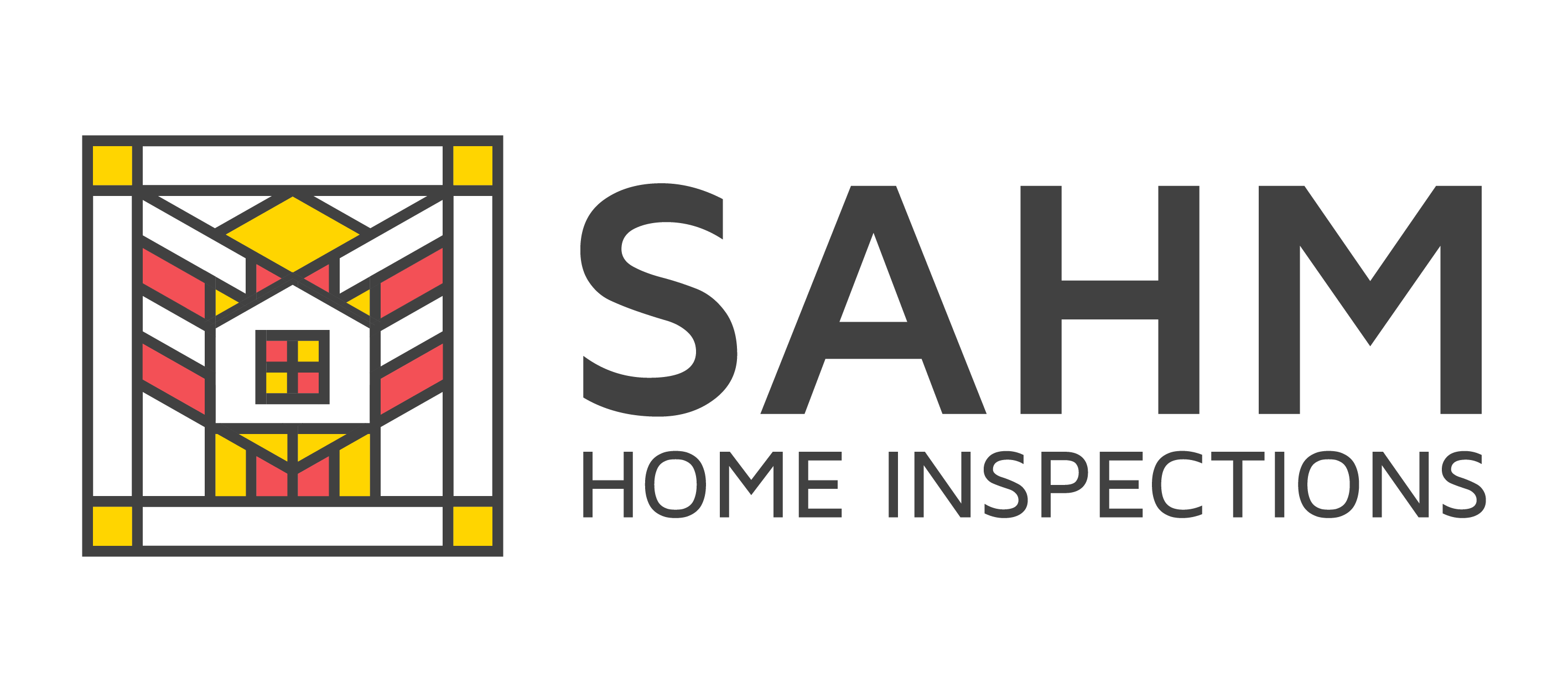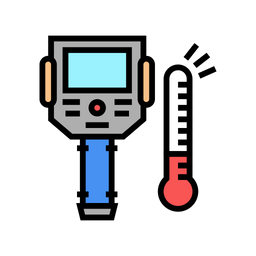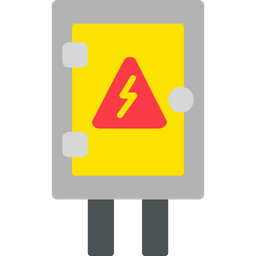Selling a House with Compliancy Violations: What You Need to Know
When it comes to selling a house, there are many things that can make the process challenging. One of the biggest hurdles that homeowners may face is dealing with code violations. These violations can range from minor issues like peeling paint to major concerns such as a structurally unsound foundation. If you're trying to sell a house with code compliance violations, here's what you need to know.
Understanding Code Violations
Code violations are regulations that are put in place by local/village governments to ensure that buildings and properties are safe for the people who live or work in them. These regulations cover everything from simple DIY projects done poorly, electrical wiring and plumbing to structural integrity and zoning requirements.
If a property is found to be in violation of these codes, the owner/seller will receive a notice from the local government. Depending on the severity of the problem, the owner may be given a certain amount of time to correct the issue or face penalties such as fines (commercial buildings) or even the possibility of having the property condemned.
Common Code Violations
Some of the most common code violations that homeowners may encounter include:
- Probably the most common and simplest to resolve are often missing or failed GFCI receptacles, missing smoke & carbon monoxide detectors and handrails without returns
- Electrical issues: outdated wiring, unsafe electrical panel and old service entries.
- Plumbing problems: leaks, improper installation, and improper venting.
- Structural issues: egress windows in bedrooms, foundation problems, roof leaks, and structural damage from termites or other pests.
- Zoning issues: using a residential property for commercial purposes, running a business out of a residential property without proper zoning permits, or violating setback requirements.
Dealing with Code Violations
If you're selling a house with code violations, there are a few things you can do to make the process smoother:
- Get a Pre-Listing Inspection - Before you put your home on the market, it's a good idea to have a thorough inspection done. This will give you a better idea of any issues that need to be addressed and can help you plan for any necessary repairs and/or buyer negotiations.
- Correct Any Issues - If you receive a notice of code violations, it's important to address the issues as soon as possible. This may involve hiring a contractor or licensed professional to make repairs, or you may be able to handle some of the repairs yourself. In either case, it's important to make sure that any work is done correctly and up to code.
- Disclose All Known Issues - When you list your home for sale, you'll need to disclose any known issues, including code violations. Failing to do so can result in legal action against you down the line.
- Price Accordingly - If your home has code violations, it's important to price it accordingly. This means taking into account any necessary repairs or updates that will need to be made by the buyer. Depending on the severity of the issues, you may need to adjust your asking price accordingly.
Options for Selling a House with Code Violations
If you're dealing with code violations and need to sell your house quickly, there are a few options available to you:
- Sell “As-Is” - Selling your home as-is means that you're selling it in its current condition, without making any repairs or updates. This can be a good option if you don't have the time or resources to make repairs, but it may mean that you'll receive lower offers from buyers.
- Work with an Investor - Real estate investors may be willing to purchase your home even if it has code violations. They may offer you a cash payment and take on the responsibility of making any necessary repairs or updates.
- List with an Agent - If you choose to work with a real estate agent, they can help you navigate the process of selling a house with code violations. They can also help you price your home appropriately and disclose any known issues to potential buyers.
Final Thoughts
Dealing with compliance violations can be a challenge but most often it’s not an impossible task and shouldn’t prevent you from moving forward with your listing/sale. Your Agent and a knowledgeable Home Inspector and/or General Contractor can get you beyond this hurdle and on to your next home.








